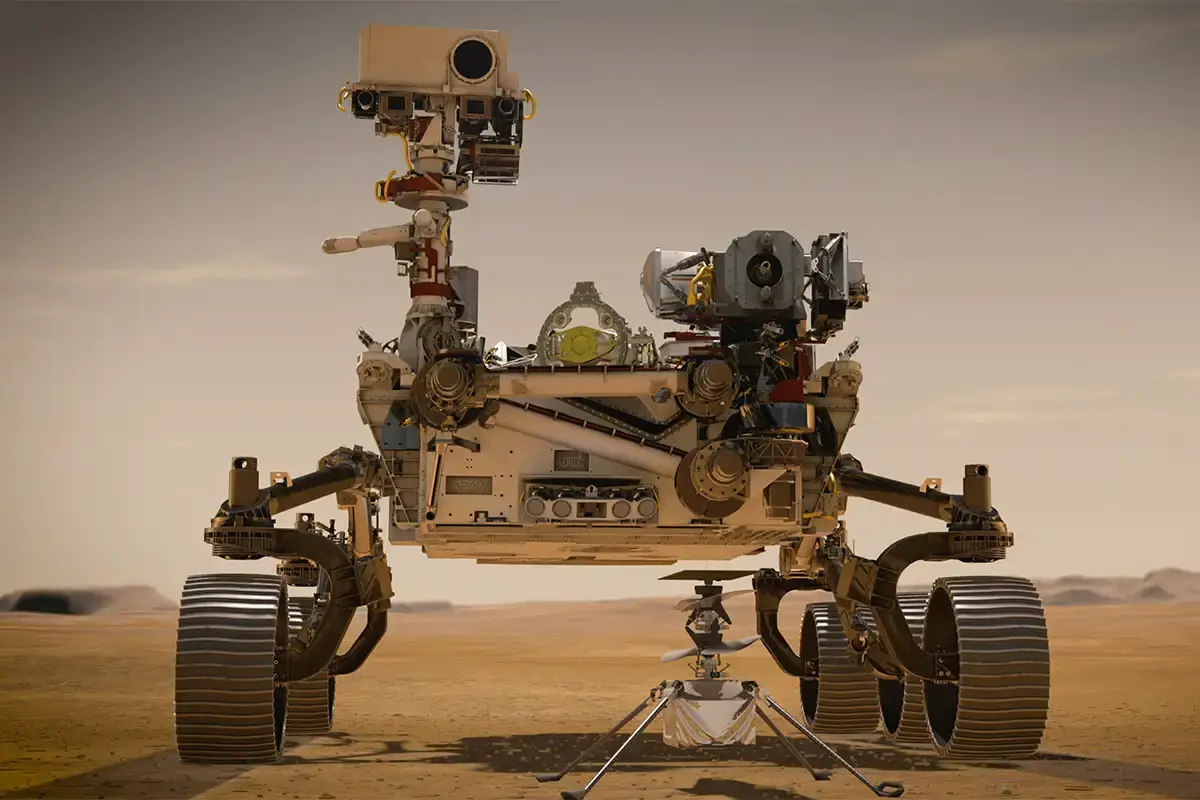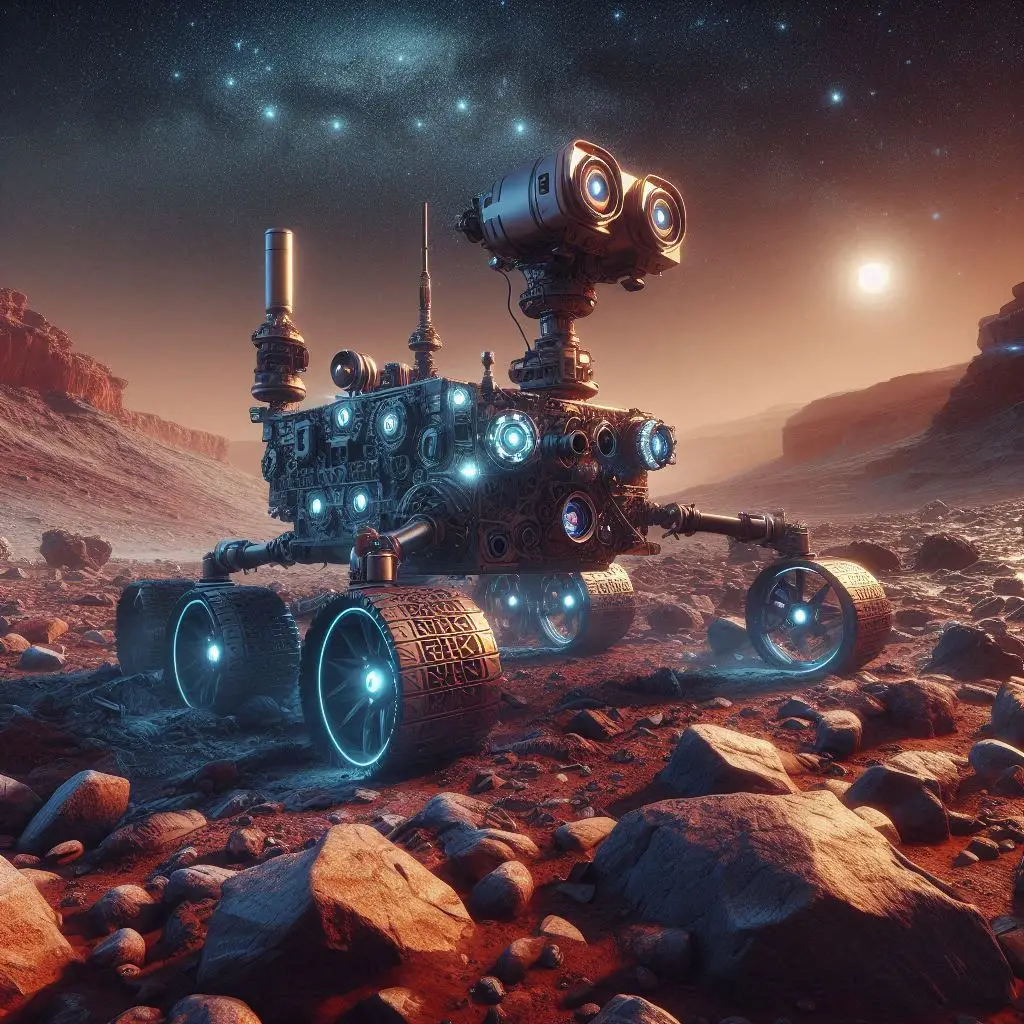This article focuses on the potential for human exploration of Mars, discussing the challenges and opportunities that come with sending humans to the red planet. It also explores the potential benefits of establishing a human presence on Mars and the steps that need to be taken in order to make this a reality.
Mars, the fourth planet from the Sun, has always been a source of fascination for humans. It has been explored by various missions and rovers sent by space agencies from around the world. However, in recent years, Mars has become the next frontier for human exploration.
NASA has been at the forefront of this mission with its plans to send humans to Mars in the 2030s. The agency's goal is to establish a sustainable presence on the red planet and prepare for future human missions to explore deeper into the solar system.
The first step towards this goal was the Mars 2020 mission, which successfully landed the Perseverance rover on the planet's surface in February 2021. The rover's main mission is to search for signs of ancient life on Mars and study the planet's geology and climate. It is also equipped with a helicopter called Ingenuity, which made history by completing the first powered flight on another planet.
NASA's next mission to Mars is the Mars Sample Return mission, which aims to collect rock and soil samples from the planet and return them to Earth for analysis. The mission is a collaboration between NASA and the European Space Agency (ESA) and is scheduled for launch in 2026.
Other space agencies are also planning missions to Mars. The United Arab Emirates' Hope mission, which arrived on Mars in February 2021, is studying the planet's atmosphere and weather. China's Tianwen-1 mission, which arrived on Mars in May 2021, is conducting a similar study and has a rover that will explore the planet's surface.

The challenges of sending humans to Mars are immense. The journey to Mars takes several months, and the astronauts will be exposed to cosmic radiation and other hazards. Once on the planet's surface, they will have to contend with the harsh environment, including dust storms and extreme temperatures.
The potential benefits of human exploration of Mars are enormous. It could lead to the discovery of new resources, such as water and minerals, which could be used to support human life on the planet. It could also provide valuable insights into the origins of the solar system and the possibility of life on other planets.
Mars is the next frontier for human exploration, and the efforts of space agencies from around the world are paving the way for humans to one day set foot on the red planet. With continued advancements in technology and exploration, the dream of human settlement on Mars may become a reality in the not-too-distant future.









Add a Comment: